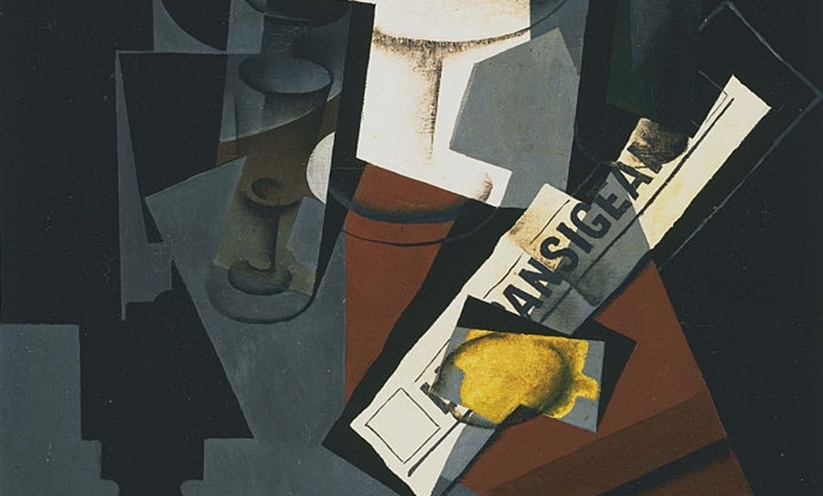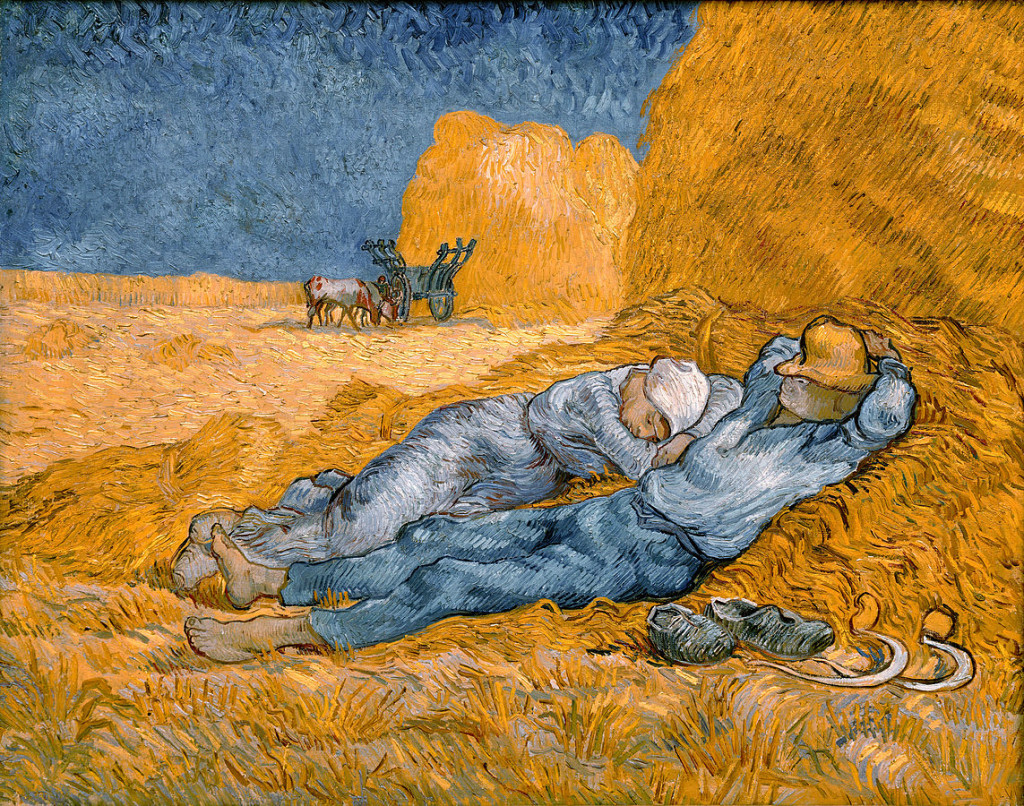![Political Situation in Germany Before the European Elections with Ralf Fücks [PODCAST] Political Situation in Germany Before the European Elections with Ralf Fücks [PODCAST]](https://4liberty.eu/phidroav/2024/04/Episode-202-1469x800-1-1024x561.png)
Political Situation in Germany Before the European Elections with Ralf Fücks [PODCAST]
What does the political situation in Germany look like before the European elections? What is Germany\'s attitude to the Russian war in Ukraine? And how are the green and liberal parties faring?







